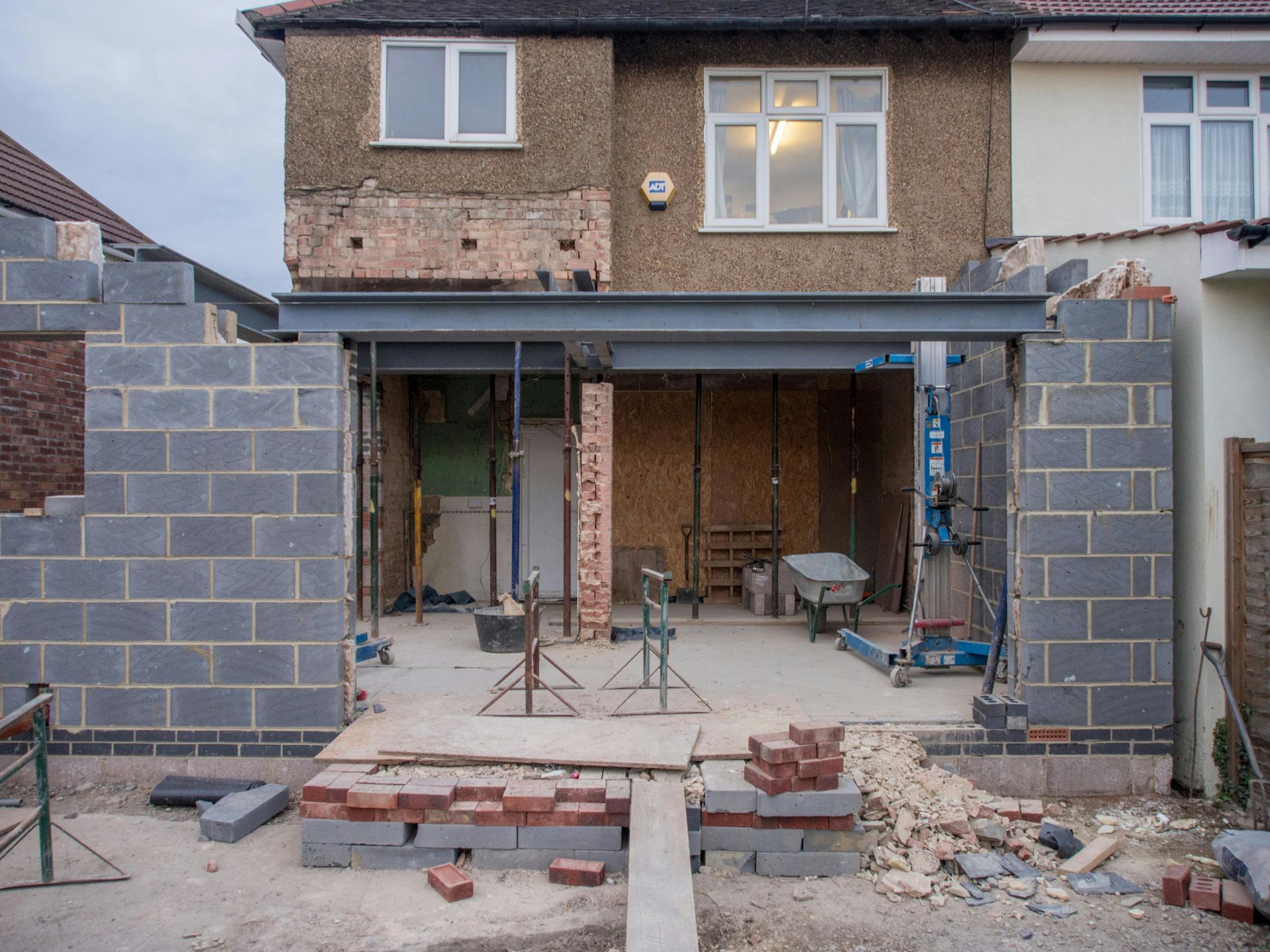How To Finance a Property With Solar Panels in 2025
Solar Panels Can Be a Smart Investment, But Certain Setups Still Trigger Mortgage Refusals in 2025 If You Don’t Check the Fine Print
Do Solar Panels Affect Mortgage Eligibility?
Yes—solar panels can affect mortgage approvals, particularly if they’re installed under older lease agreements (often referred to as “rent-a-roof” schemes). While owning panels outright is generally lender-friendly, leased or third-party-owned systems can raise legal and valuation issues.
Lenders in 2025 are more familiar with solar PV systems than they were a decade ago—but key concerns still apply.
Ownership Structure Matters Most
Lenders want to know who owns the panels, how they were installed, and whether the roof is fully under your control. There are three common setups:
1. Owned Outright (Purchased With the Property or Installed by the Owner)
✅ Most lenders are fine with this, especially if warranties and structural guarantees are in place.
2. Owned Through a Loan or Asset Finance
✅ Usually acceptable, but lenders may request a copy of the agreement. Some may deduct the finance repayments from affordability.
3. Lease Agreement (Rent-a-Roof)
⚠️ Risky. These were popular from 2010–2015, where homeowners signed long leases (typically 25 years) with a solar company in return for free installation and cheap energy.
Many lenders
will not lend if:
- The lease restricts roof access or saleability
- The lease remains with a company no longer trading
- The company refuses to amend terms or provide required legal documentation
Lender Concerns With Leased Panels
Lenders have historically declined properties where:
- The solar lease contains unlimited access rights to the roof
- There’s no clear clause allowing the mortgage lender priority in repossession
- The installer has gone out of business and legal clarity is lacking
- The lease can’t be varied or assigned on sale
Even when the lease is technically valid, the valuer may reduce the property’s value or mark it as "unsuitable security."
What Do Lenders Want in 2025?
Mainstream lenders will often proceed if:
- You can provide a Deed of Variation or confirm the solar lease meets the Council of Mortgage Lenders (CML) requirements
- The system is fully owned and evidenced by an invoice
- The feed-in tariff (FiT) income is minor and not central to affordability
- The installer is MCS-accredited (Microgeneration Certification Scheme)
- Roof access and sale rights are not hindered by the panel arrangement
Lenders are less concerned about the technology and more about the legal clarity and ability to sell or repossess the property if needed.
How Solar Income Affects Buy-To-Let
If you’re buying a buy-to-let with solar panels, lenders may ask:
- Are tenants benefiting from the electricity or is it being sold back to the grid?
- Is the income declared and regular enough to be counted in affordability?
- Does the roof lease interfere with landlord responsibilities?
In most cases, FiT income is ignored in rental affordability, and the panels are treated as neutral unless lease issues arise.
What If I’m Buying at Auction?
If you're buying a property with solar panels at auction:
- Request the lease or ownership paperwork in advance
- Make sure your solicitor can review and identify any CML conflicts
- Avoid bidding until the panel arrangement is confirmed as mortgageable
- If uncertain, use bridging finance first, then refinance once resolved
Practical Steps to Take
- Get the panel paperwork before applying for a mortgage—especially lease agreements, MCS certificates, and warranties.
- Ask the vendor to supply a Deed of Variation if their lease doesn’t meet lender standards.
- Use a broker who knows which lenders accept which structures—we’ve rescued many failed purchases due to solar lease complications.
- Budget for legal fees if documents need updating or renegotiation.
How Willow Private Finance Can Help
Many lenders will not lend on properties with solar panel leases that don’t meet their requirements. Others will—but only if the paperwork is clear and properly structured.
At Willow, we’ve helped clients secure mortgages on homes with:
- Rent-a-roof lease complications
- Missing solar documentation
- Conflicting legal clauses
- Feed-in tariff (FiT) income uncertainty
We know which lenders are flexible, how to package the case for approval, and how to pre-empt legal obstacles before they derail your deal. Whether you're buying your home or an investment property, we can help you navigate the solar issue efficiently.
Related Blogs You May Find Helpful
- Can You Get a Mortgage With Complex Income in 2025?
- How To Finance a Renovation Project in 2025
- Green Mortgages and Energy Efficient Properties in 2025
📞 Want Help Navigating Today’s Market?
Book a free strategy call with one of our mortgage specialists.
We’ll help you secure lending—even with solar complications.
Important Information: Your home may be repossessed if you do not keep up repayments on your mortgage or any other loan secured on it.
The information contained in this article is for general guidance only and does not constitute advice. You should seek professional advice tailored to your personal circumstances before making any financial decisions.
Willow Private Finance Ltd is authorised and regulated by the Financial Conduct Authority. FCA number: 588422.










